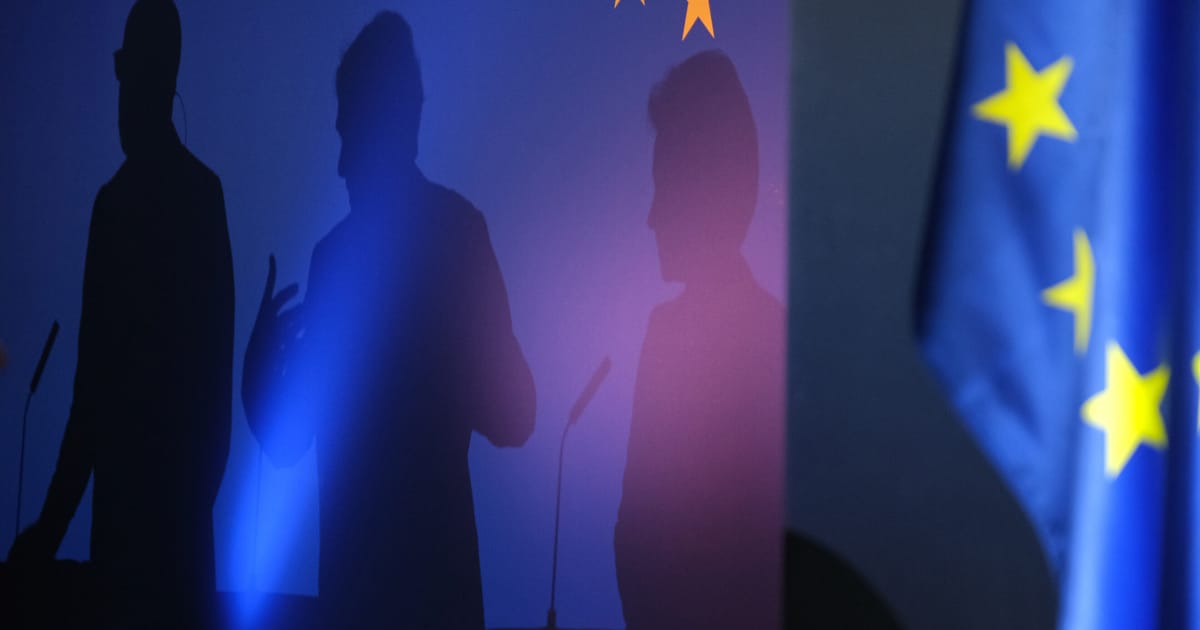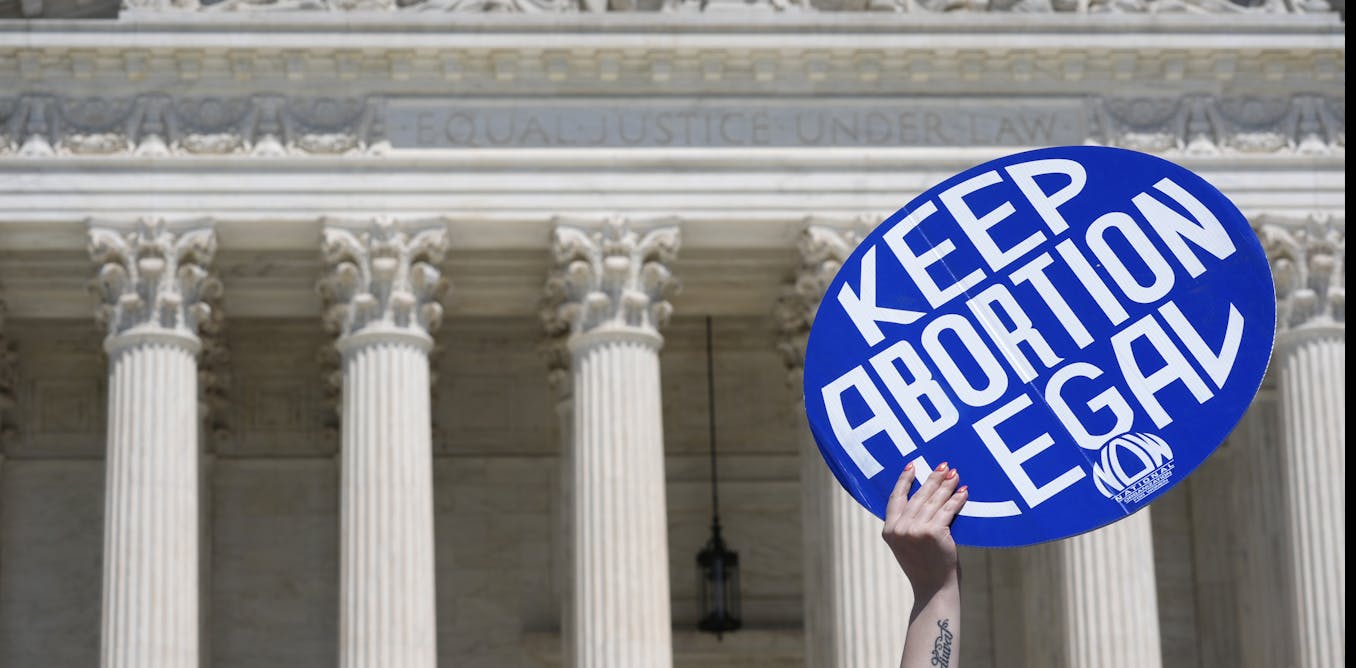- 3 Posts
- 3 Comments

 61·29 days ago
61·29 days agoThis is where truth is crazier then fiction, but perhaps we can begin to get to grips with it.
How to avoid a techno-apocalypse brought on by the internet. Talks of several books where this is a core part of the plot.
THE nuclear blast that takes out Moab, Utah, in Neal Stephenson’s 2019 novel Fall; or, Dodge in Hell is “epistemic ground zero”. That is because it doesn’t actually happen. It is an online-only 9-11, a viral conspiracy theory that becomes the fault line along which the US fractures in two.
On one side, the people who believe that Moab is a no-go zone, and that the event has been covered up by swamp-dwelling politicians. On the other, the people who can freely travel to Moab to see the town is untouched.
The know-nothing side of the US devolves into Mad Max anarchy, becoming a no-go zone in its own right, which Stephenson brands Ameristan. The rest continue unimpeded into the technological future.
The book is one of many recent ones that tackle one of the questions of our time. As comedian Ronny Chieng put it in his Netflix special: “Who knew all of human knowledge could make people dumber?”
Perhaps it’s time for Elon Musk to trade in his rockets and tweets for something a bit more, well, boring. After all, digging tunnels seems less likely to land him in hot water—or at least less likely to attract the attention of every regulatory agency with an acronym. With the FAA reportedly raising eyebrows over SpaceX activities and the SEC keeping tabs on his social media shenanigans, maybe subterranean ventures are the way to go.
The Boring Company might just be Musk’s most grounded idea yet—literally. No satellites to launch, no cars to recall, and best of all, no character limits to consider before hitting “send.” Just good old-fashioned dirt and a machine that goes “brrrr.” Imagine the peace and quiet (well, except for the drilling sounds) of focusing on tunnels that could one day alleviate traffic woes—assuming they don’t accidentally tap into a subway line.
And let’s not forget, digging holes has a certain metaphorical elegance to it. If you’re already in one, why not keep digging? It’s a strategy that’s worked so far, right? Plus, it’s hard to get into legal trouble when you’re underground—unless, of course, you accidentally tunnel into a vault or something. But hey, even then, it would make for an exciting twist in the ever-entertaining Musk saga.
So here’s to hoping Elon swaps his Twitter tirades for tunnel trajectories. At least in the depths of the earth, there’s no Wi-Fi to tempt him into late-night tweets that launch a thousand headlines. Maybe being boring isn’t so bad after all.






Thanks, I’ll add them and look forward to it.
My distilled understanding is that we are not psychological well built by evolution for this much information in the forms we now have technological. When you take our cognitive biases–which makes us persuadable–and couple that with a degenerating lack of taught fundamental critical thinking skills, it leads to irrational choices and mindsets which are not accounted for in our governing systems, let alone cultures, and economic. Indeed the latter point is that the capitalist system has a fiduciary responsibly to take advantage of any niche and exploit it, which has been let loose due to deregulation in various forms. Executive have little moral incentive to not be evil and instead to manipulate people in whatever manner best suits their shareholders. All of this creates echo chambers and self-reinforcing irrational behavior.
Obviously there is much more to it, but this is the elevator pitch version… Which I look forward to comparing against the books you indicated, plus any correction you might add.